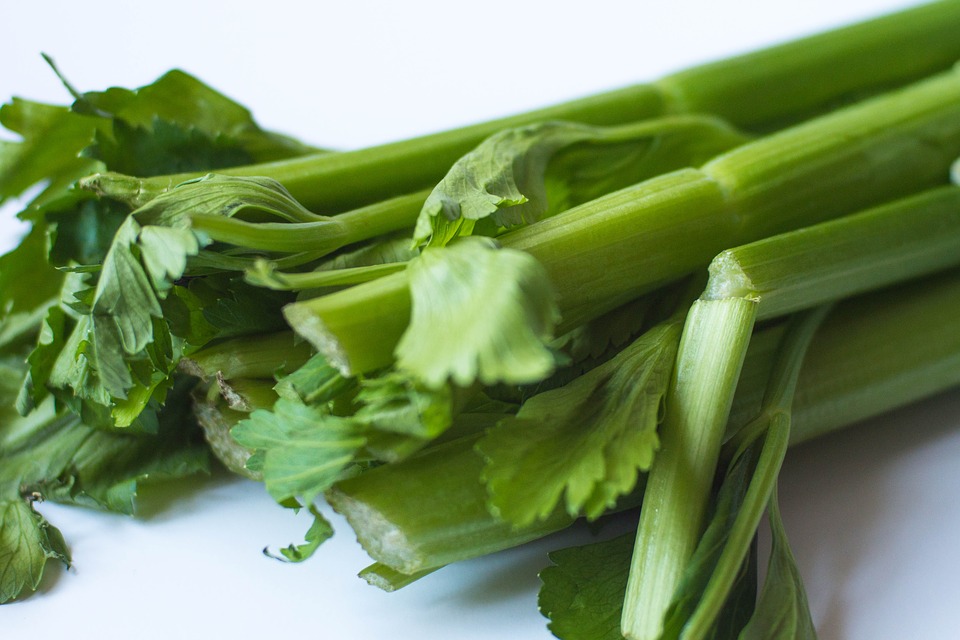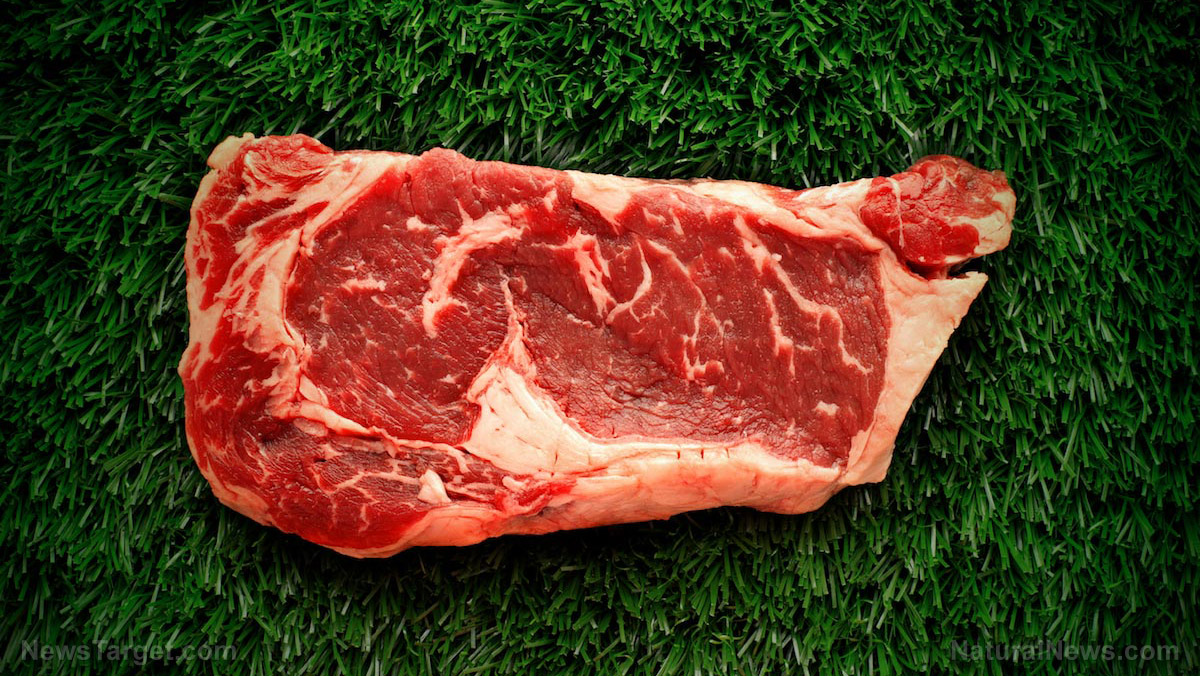Can the Mediterranean diet help prevent colorectal cancer?
03/07/2019 / By Zoey Sky

Unlike other fad diets, the Mediterranean diet is popular because it promotes the consumption of more plant-based foods and whole grains. Aside from being good for your overall well-being, the diet is even linked to a lower risk of cardiovascular diseases and certain types of cancer. According to a study, following this particular diet can also help lower colorectal cancer risk.
The study was presented at the 2017 ESMO (European Society for Medical Oncology) 19th World Congress on Gastrointestinal Cancer.
The Mediterranean diet food list
Following the Mediterranean diet means an above-average consumption of foods like:
- Beans and legumes – Sources include black beans, kidney beans, lentils [black, green, or red], peanuts, peas, and soybeans.
- Fruits – Sources include blackberries, blueberries, grapes, mangoes, oranges, plums, strawberries, and watermelon.
- Healthy fats, fish, and meat – Sources include rainbow trout, salmon, sardines, and tuna. When eating poultry, buy skinless chicken or turkey breasts.
- Nuts and seeds – Sources include almonds, chia, flaxseeds, pecans, sunflower seeds, and watermelon seeds.
- Vegetables – Sources include broccoli, Brussels sprouts, carrots, eggplant, kale, mushrooms, red peppers, romaine lettuce, and spinach.
- Whole grains – Sources include amaranth, brown rice, freekeh, oats, and quinoa.
The Mediterranean diet also includes a high ratio of monounsaturated to saturated fatty acids. The diet also suggests a low intake of alcohol and red meat.
For the study, the researchers completely eliminated soft drinks from diet of the participants since these beverages are associated with a higher risk of developing cancer.
Can the Mediterranean diet prevent colorectal cancer?
In the study, researchers worked with 808 volunteers undergoing screening or diagnostic colonoscopies. The participants were also instructed to complete a dietary questionnaire to help the researchers determine the details of their daily meals. The volunteers, who were between 40 to 70 years old, joined a medical and lifestyle interview. None of the volunteers had a high risk of colorectal cancer.
The researchers set out to determine the link between the components of the Mediterranean diet taken separately or in combination, along with the risk of developing advanced colorectal polyps.
The study findings showed that the volunteers who had advanced polyps consumed fewer components of the Mediterranean diet, unlike those who had clear colonoscopies. The researchers explained that eating at least two to three components of the diet also lowered the risk of advanced polyps by 50 percent.
The results also suggest that people should include fruits and fish in their diet and avoid soft drinks to prevent CRC. The researchers noted that consuming more fish and fruits and avoiding soft drinks helped reduce the study participants’ risk of pre-cancerous colorectal lesions by 30 percent, unlike those who didn’t follow the Mediterranean diet. (Related: Mediterranean diet helps prevent cancer, nutrition science study finds.)
The results also revealed that the risk of advanced polyps was reduced when the participants consumed more components of the Mediterranean diet. The researchers said that out of all the participants, those who had all the three healthy choices reduced their cancer risk by at least 86 percent.
The researchers warned that a low-fiber diet full of alcohol, high-calorie foods, and red meat promotes the formation of intestinal polyps that could eventually result in colorectal cancer. These polyps may become malignant based on several factors, like their structure, size, and location.
The Mediterranean diet is considered a “healthful, wholesome, and nutritious” diet for a reason. It can also help you stay fit and lean. This beneficial diet also helps prevent deficiencies since it includes whole foods that contain many essential nutrients.
Additionally, the Mediterranean diet completely eliminates unhealthy foods and beverages from your diet, like processed meats, refined grains, salted and preserved foods, and soft drinks. This diet won’t just help you maintain your weight, it can also lower your risk of heart disease, obesity, stroke, and other lifestyle-related conditions.
To maintain your overall health and lower your risk of developing colorectal cancer, make positive lifestyle changes and follow the Mediterranean diet.
Sources include:
Tagged Under: cancer risk, cancer risk factors, cancer risk reduction, colon cancer, Colorectal Cancer, colorectal polyps, Diets, fatty fish, Fresh Fruits, Health and Wellness, intestinal polyps, Mediterranean diet, men's health, nutrition, women's health


















